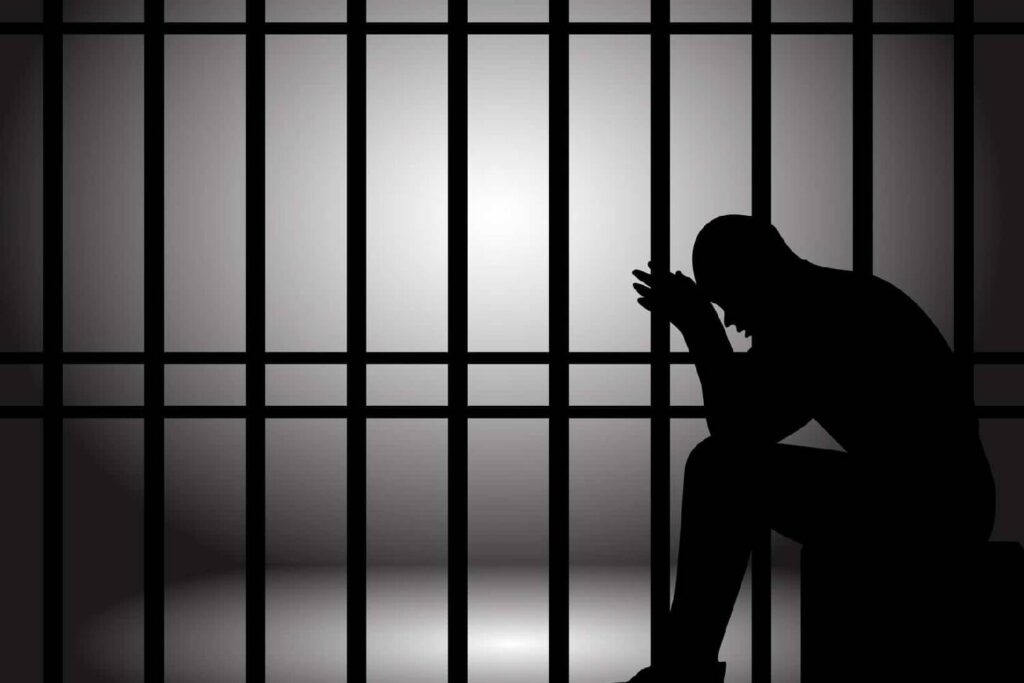Treatment of psychological trauma
The effects of trauma can be treated by a mental health professional such as a psychiatrist, psychologist or psychotherapist.
Psychotherapy or talk therapy is the main treatment for trauma. There are types of psychotherapy that specifically focus on trauma, such as trauma-focused cognitive behavioral therapy, which is effective in treating trauma.
Eye movement desensitization and reprocessing is another method of treating trauma that involves small controlled exposures to elements associated with the traumatic experience to help overcome the trauma.
In addition to professional support, there are many strategies that can be used to cope with and overcome trauma. Talking and spending time with trusted friends and family members can be helpful. It is also important to eat regularly, exercise, get enough sleep, and avoid alcohol and drugs. Stress plays a role in trauma, so stress management and relaxation can have a dramatic effect.
When to seek professional help
While trauma can be a natural response to a distressing situation, sometimes it’s important to seek professional help. There are steps you can take to reduce symptoms and help you cope and move forward in life. Without professional help, symptoms may worsen and become life-threatening.
Anyone experiencing trauma symptoms that affect their daily life should seek help from a mental health professional. Trauma increases the risk of PTSD, depression, suicide and suicide attempts, anxiety and substance abuse.
Can trauma cause psychological problems?
Trauma can sometimes directly cause mental problems or make a person susceptible to them. Trauma is one of the possible causes of mental health problems. Determining which problems are caused by trauma can be difficult. Some conditions, including post-traumatic stress disorder, also develop as a direct result of trauma.
The difference between post-traumatic stress disorder and trauma
Although post-traumatic stress disorder and trauma have similar symptoms, they are different. Trauma is an emotional response to a horrific event. Trauma can occur once or multiple times, and a person may experience one or more types of trauma. Post-traumatic stress disorder is a mental health disorder that occurs when a person experiences or witnesses trauma. These events are usually repeated repeatedly in the mind or appear in the form of disturbing thoughts.
PTSD usually occurs after a traumatic event; However, not all traumatic events that occur will lead to PTSD. Even if traumatic events lead to devastating symptoms or a diagnosis of PTSD, it is possible for a person to recover and lead a fulfilling life if treated.
Childhood trauma and its impact on adulthood
Childhood trauma affects adults on different levels, including mental, physical and cognitive levels. Research shows that people who experienced traumatic events in childhood are three times more likely to develop mental illness and 15 times more likely to develop borderline personality disorder.
People who experience traumatic events in childhood often have difficulty trusting others and sharing their emotions. This can hinder the development of satisfactory relationships.
Adverse childhood experiences can have a negative impact on their relationship skills and brain function. With effective, evidence-based treatments, young people can overcome the effects of childhood trauma and live well.
Trauma is an emotional reaction that is caused by experiencing a traumatic or distressing event. This emotional response may be present only during or shortly after the traumatic event, or it may be persistent. Symptoms of trauma can be both emotional and physical and include feelings of fear, helplessness or guilt, mood swings, changes in behavior, difficulty sleeping, confusion, increased heart rate, and pain.
Those who experience trauma may develop PTSD and be at increased risk of suicide. A mental health professional can provide psychotherapy or other support for overcoming trauma. If trauma symptoms are affecting your daily life, it’s important to get help.



